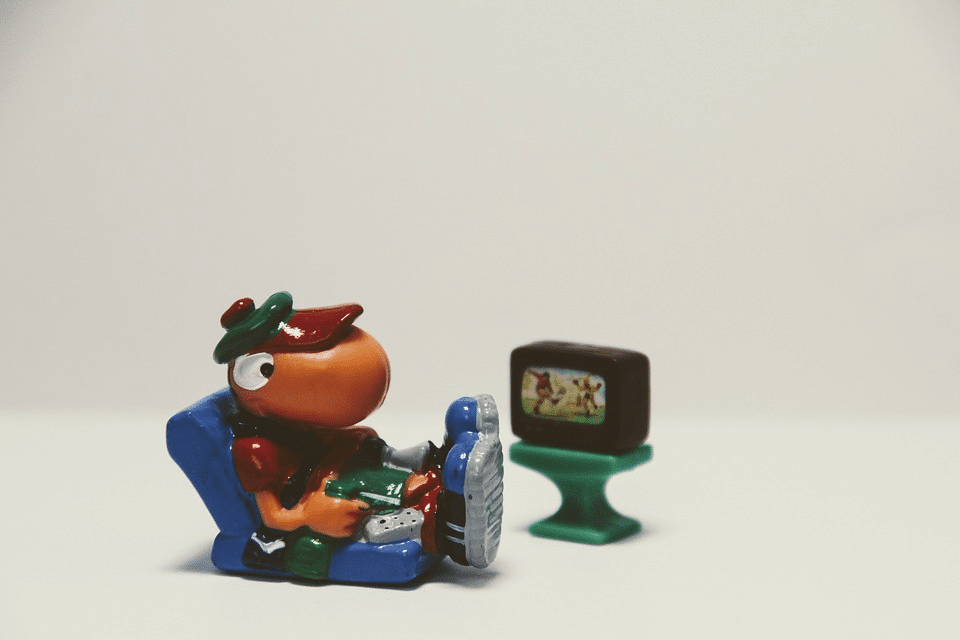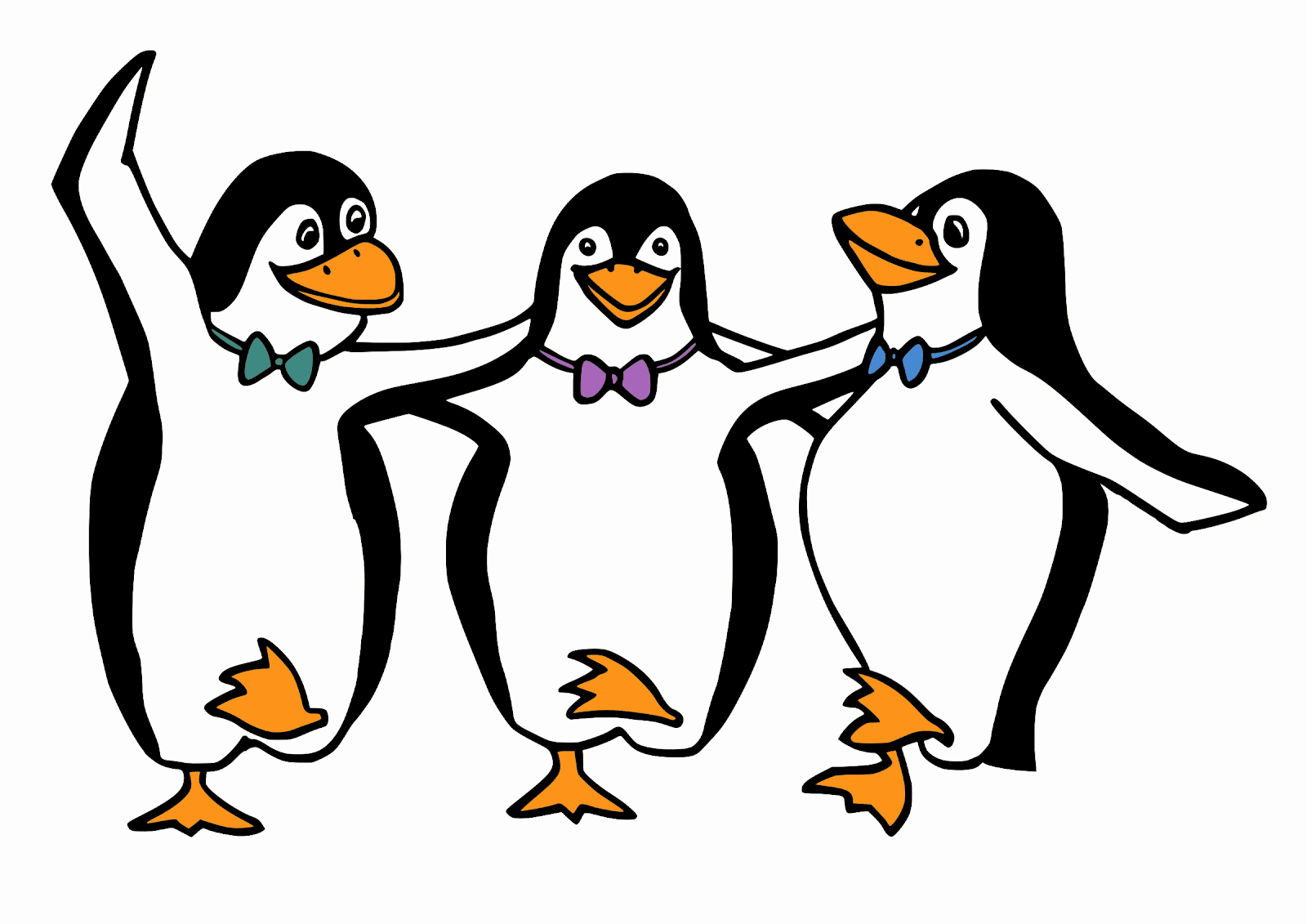2.3 – Time Expressions Indicating How Often
In this section we will learn several new words that indicate how often. Some frequent ones are given here:
Adverbs
vždycky always
pořád constantly
občas sometimes, from time to time
obvykle usually
často often
někdy ever, at some point, sometimes
nikdy ne- never
málokdy rarely
Time Expressions with každý
každý den every day
každý týden every week
každé ráno every morning
každý večer every evening
A few notes:
Adverbs tend to appear before the verb in Czech, though this is not an absolute rule:
|
Alena často uklízí. Alena often cleans. |
Náš pes často odpočívá. Our dog rests often. |
Náš papoušek mluví pořád. Our parrot talks constantly (non-stop). |
nikdy ne-
In Czech, to say that you never do something, use the word nikdy ‘never’. When you use the word nikdy, you also need to negate the verb. This is why you see ne- next to it in your vocabulary lists. You can have nikdy before or after the verb, but the ne- goes right in front of the verb to negate it as normal.
|
Pavla nikdy neuklízí. Pavla never cleans. |
Pavel nikdy nedělá domácí úkoly. Pavel never does (his) homework. |
Karel nikdy neodpočívá. Karel never rests. |
Time Expressions with každý can be either before or after the verb (with probably a slight tendency to appear after). Either way, you will come up with a perfectly good sentence. In general don’t worry too much about word order:
|
|
|
|
|
Tomáš a Lucie uklízejí každý den. Tomáš and Lucie clean every day. |
Matěj cvičí každé ráno. Matěj exercises every morning. |
Tučňáci tančí každý večer. The penguins dance every evening. |
Images used in this document come from these sources.








